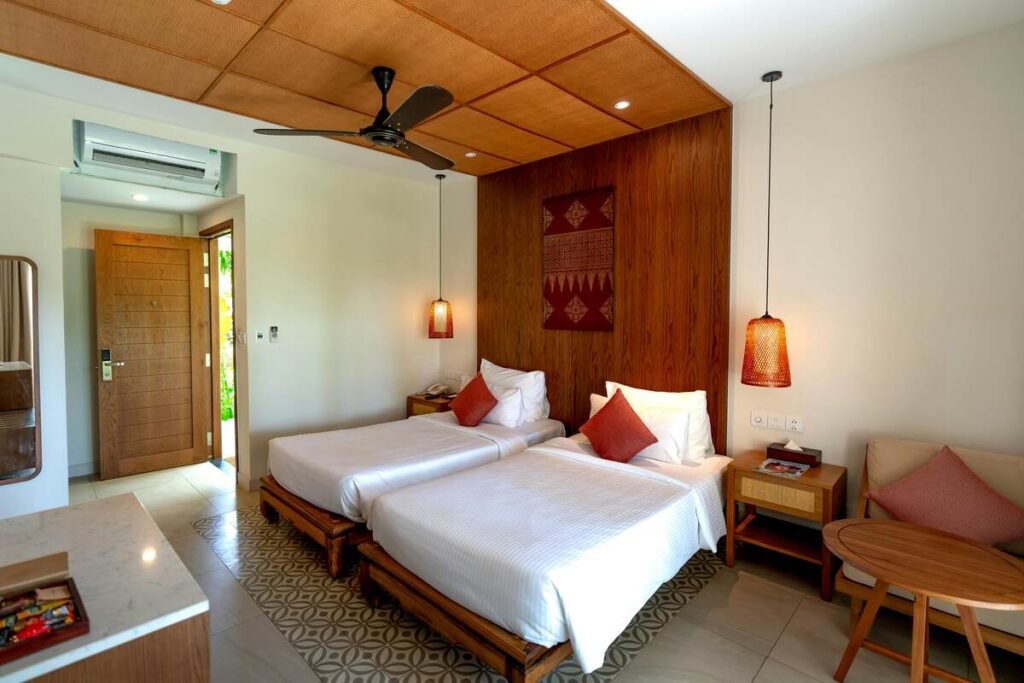Hotel Bidding Sites: The Ultimate Guide for Modern Hoteliers
As the hospitality industry becomes increasingly digital and competitive, hoteliers are looking for every possible edge to fill rooms, optimize revenue, and reach new guest segments. Among the innovative tools available, hotel bidding sites stand out for their ability to boost occupancy, especially during periods of low demand. But how do these platforms work, and what should you consider before jumping in?
This guide explores what hotel bidding sites are, their pros and cons, best practices for using them, and how you can integrate them into a balanced revenue management and distribution strategy.
What Are Hotel Bidding Sites?
Hotel bidding sites are online platforms where travelers can bid on hotel rooms or propose the price they are willing to pay, rather than booking at a fixed rate. The two main models are:
- Pure Auctions: Guests compete by bidding for a room, and the highest offer wins the booking.
- “Name Your Price” Model: The guest suggests a price, and the platform checks if any hotel is willing to accept it—often anonymously until after the booking is made.
Some well-known examples include legacy platforms like Priceline, Hotwire, and HotelTonight (although many now use “opaque discounting” rather than true auctions).
How Do Hotel Bidding Sites Work?
1. For Travelers
- Guests enter their destination, dates, and sometimes preferred area or amenities.
- They make an offer (bid) or set a maximum price.
- The platform matches their bid with available inventory, usually without revealing the exact hotel name until after booking (to protect brand rates).
- If accepted, the guest secures the room at the offered price.
2. For Hoteliers
- Hotels upload rooms to the bidding platform, often for dates with lower demand or unsold inventory.
- Minimum acceptable prices, restrictions, and blackout dates can be set.
- The process is usually automated, minimizing manual workload.
- Hotels receive bookings at their chosen minimum rate without publicly lowering their published prices.
Hotel Bidding Sites: Pros and Cons for Hoteliers
Pros
- Optimized Occupancy: Move unsold rooms, especially last minute or during slow periods.
- Revenue Protection: Set price floors and blackout dates to avoid undercutting public rates.
- Reach New Audiences: Attract price-sensitive guests who may not book otherwise.
- Cash Flow Management: Generate quick bookings and fill rooms that would otherwise remain empty.
Read more about: How to Manage Seasonal Fluctuations in Hotel Occupancy
Cons
- Brand Perception: Overuse can erode the perceived value of your hotel or brand.
- Opaque Listings: Limited control over how your property is presented to guests before booking.
- Distribution Complexity: More channels to manage, increasing the risk of overbookings if not properly synchronized with your PMS or channel manager.
Best Practices for Using Hotel Bidding Sites
1. Use as a Complement, Not a Core Channel
Rely on hotel bidding sites to fill gaps in occupancy, not as your main distribution strategy. Use them for off-peak dates, last-minute sales, or harder-to-sell rooms.
2. Set Strategic Price Floors
Establish minimum prices to protect your ADR and RevPAR, ensuring that bidding does not undermine your public rates or brand positioning.
3. Monitor Performance and ROI
Track how bidding site bookings affect your bottom line, guest mix, and overall distribution costs. Make sure they drive profitable incremental business.
4. Sync Inventory Across Channels
Integrate your bidding site offers with your PMS and other channels to avoid double bookings and maximize control.
5. Protect Your Brand
Limit exposure to opaque or bidding channels if you’re concerned about long-term brand impact. Focus on selling distressed inventory or running private, targeted offers.
More about: How to Define and Maximize Your Hotel Value Proposition
Conclusion
Hotel bidding sites offer hoteliers a flexible way to fill rooms, optimize revenue, and reach new guest segments—if used wisely. By understanding how these platforms work, setting clear boundaries, and integrating with your overall digital strategy, you can turn them into a valuable part of your revenue management toolkit.
Stay ahead in the hospitality game by leveraging technology, automation, and smart distribution—so your rooms are always filled at the right price, with the right guests.
Discover how Chekin can help you automate check-in, stay compliant, protect your property, and boost revenue—saving 87% of your time and earning more from every booking.
Free trial for 14 days. No credit card required!
You may also be interested in:
How to Win with AI in Hospitality: A Practical Guide for Hoteliers






